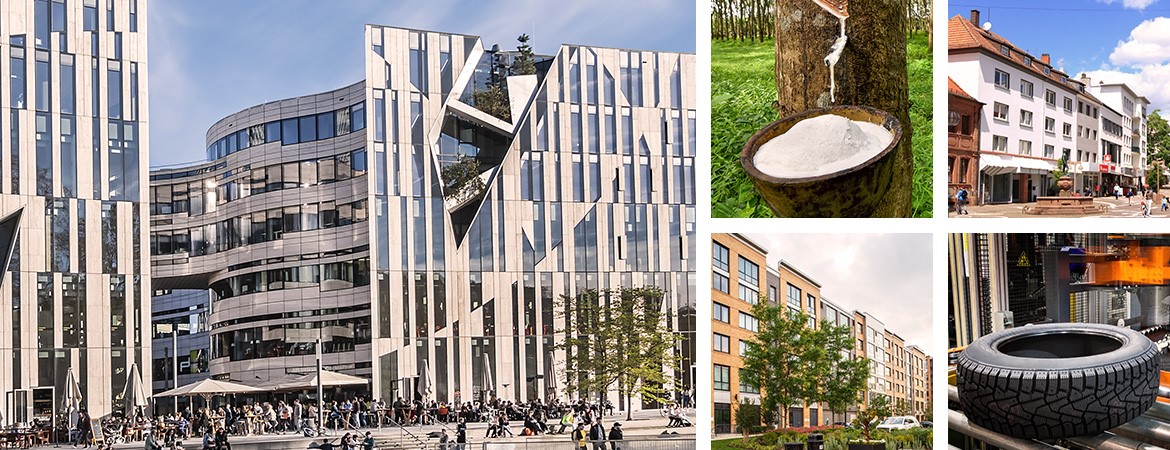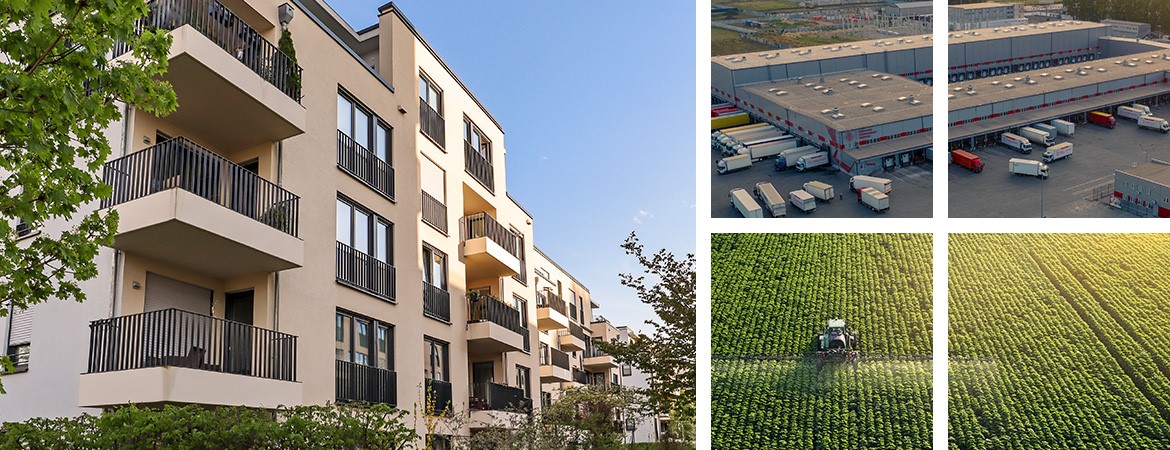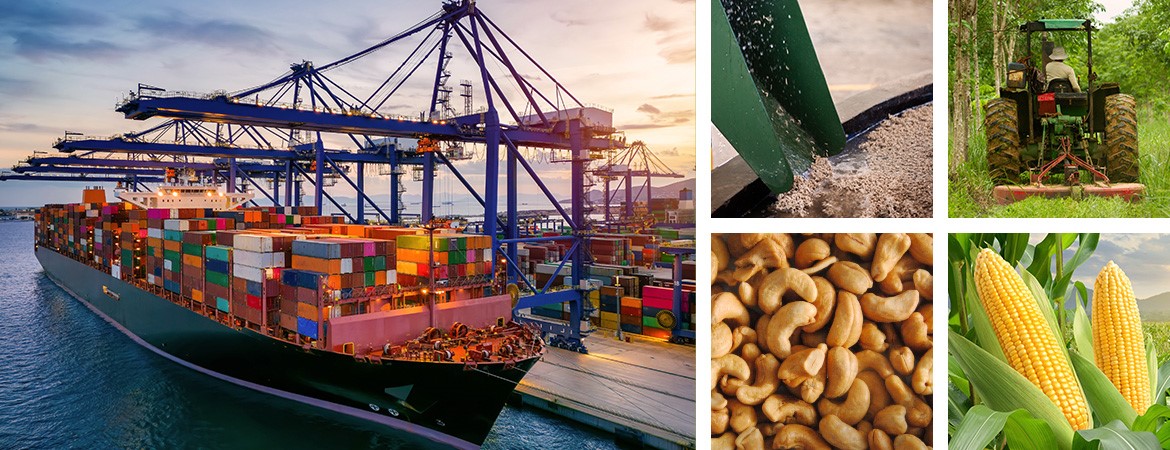








The Ivory Coast generates around 20 percent of its gross domestic product (GDP) from the production of agricultural goods.
The fact that the share of agricultural production is generally on the decline (in 1969 the share was still at almost 50 percent), can be seen as positive in that a) agricultural production is still growing steadily, and that b) industrial production has been growing even stronger.
Unlike many African countries, the Ivory Coast is among those countries where both local and foreign investments in factories and infrastructure projects go well and are successful.
With an annual production of raw rubber material of just under one million tons, (worldwide rubber production is 14 million) and the objective of doubling this volume by 2023, the Ivory Coast is by far the largest rubber producer in Africa.
In worldwide comparison in 2019, the Ivory Coast was among the world’s largest rubber producers behind Thailand (rank 1), Indonesia (2), Vietnam (3), China (4), India (5), and ahead of Malaysia (7).
As mentioned, the Ivory Coast is among those African countries, where industrial projects usually fair well thanks to education (French background) and the rule of law. That is why there are several rubber factories in the Ivory Coast that process cup lump rubber and export it as technically specified rubber (TSR) standard products. However, for the time being – not least because of the mentioned doubling of rubber production – hundreds of thousands of tons of raw rubber cannot be processed in the country and have to be sold and exported as cup lump and (e.g., via TIMBERFARM-GloReg).
The Ivory Coast is a member of the International Rubber Study Group (IRSG) and signatory of the SNR-i (Sustainable Natural Rubber initiative), an agreement which obliges signatories to comply with sustainability criteria when producing rubber.
Incidentally, experience has shown that countries, whose largest sources of income are the production and processing of agricultural goods have, for a long time now, been insisting on compliance with sustainability regulations and have also been enforcing these in the interest of securing their income sources (similar to Panama).